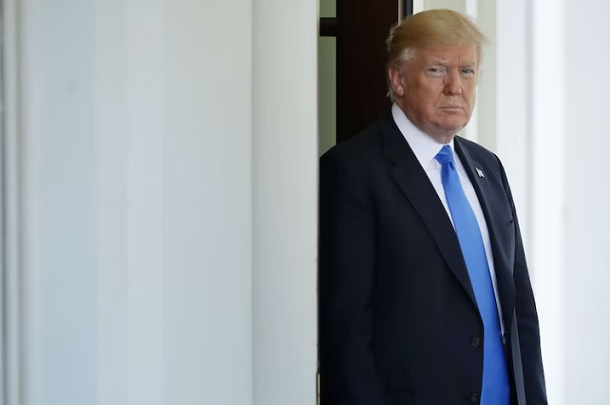
After becoming the first former president to face criminal charges, Donald Trump faces another historic first next month: He could become the first former president in U.S. history to be ordered to prison when he's sentenced in his New York hush money case.
Several experts told ABC News that the odds are against the former president serving any time behind bars before the 2024 election, after a jury in May found him guilty on 34 felony counts of falsifying business records related to an effort to illegally influence the 2016 presidential election.
But it's possible that the nature and circumstances of Trump's alleged criminal conduct -- in addition to his lack of remorse and behavior during the trial -- could provide Judge Juan Merchan justification to impose a sentence that includes prison time, some experts told ABC News.
Of the 14 lawyers and law professors who spoke with ABC News, five believed a prison sentence was likely, two described the decision as a toss-up, and seven believed a prison sentence was unlikely due to a combination of the logistical challenges, a lack of precedent supporting incarceration for first-time offenders, and the political implications of such a sentence.
Regardless of the punishment, experts broadly agreed that Trump's sentence will most likely be stayed pending his appeal -- a process that could take anywhere from months to a year -- meaning the former president would likely avoid serving any part of a sentence until after the 2024 election.
Ahead of the July 11 sentencing, Judge Juan Merchan faces the unprecedented question of how to punish the former president for crimes that prosecutors framed in the sharpest terms -- a "subversion of democracy" and "election fraud, pure and simple" -- but that were charged using the least severe class of felonies in New York.
"There is no more serious falsification of business records case that I can remember in the history of supervising and prosecuting many of these cases," said Karen Friedman Agnifilo, who previously served as the chief assistant district attorney in the Manhattan district attorney's office.
Compared to judges in federal court -- whose sentences are normally guided by a point system created by the United States Sentencing Commission -- Merchan has fewer reference points when sentencing Trump. New York's penal law limits prison sentences for Class-E felonies to four years, and probation officials will prepare a report with a recommendation for Trump's sentence, which Merchan can consider when weighing the nature and circumstances of the crime along with Trump's history and character.
"On behalf of New Yorkers -- that's who Judge Merchan is speaking up for -- how big a breach of the social trust was this compared to all the other crimes that he and other judges sentence every day?" said Justin Levitt, a constitutional law professor at Loyola Law School. "There is literally no case that has been remotely similar to the criminal prosecution conviction of a former chief executive of the country."

